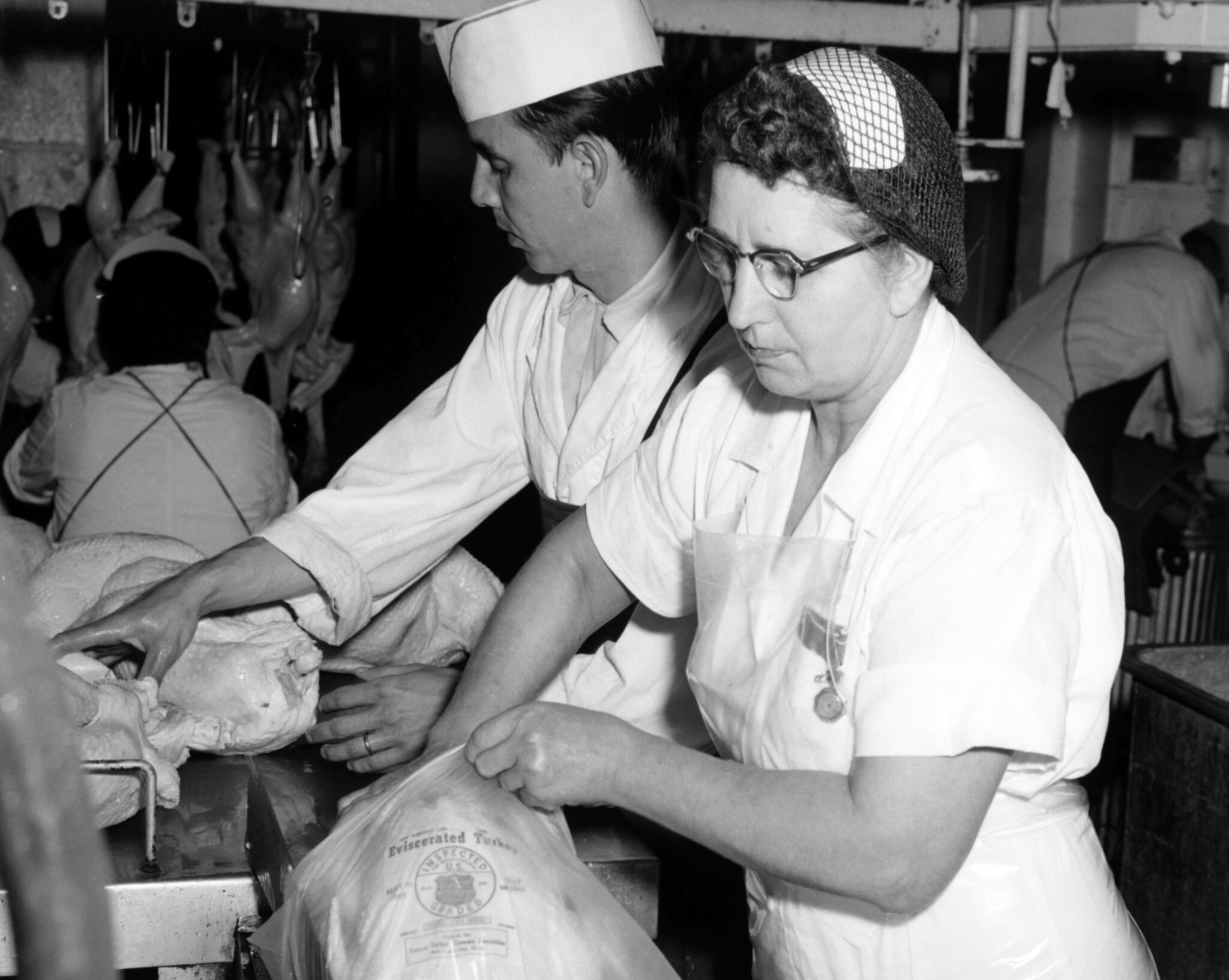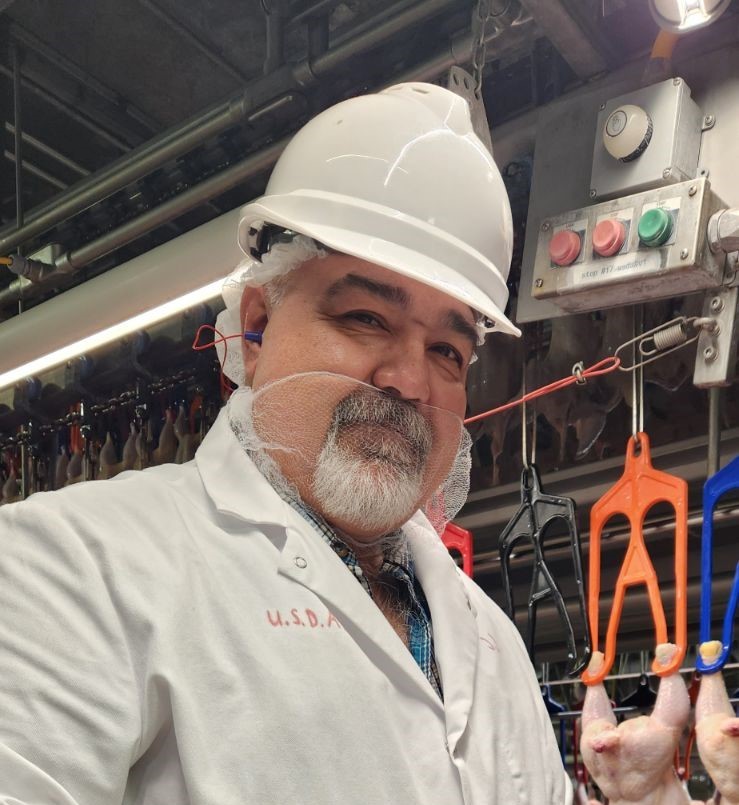
ARCHIVE: Meet Your FSIS Champions of Conflict Resolution
By Civil Rights Intern Thaniya Shankar, Civil Rights Staff
The FSIS Alternative Dispute Resolution (ADR) program stands as a beacon in the sometimes-choppy waters of workplace conflicts. ADR uses constructive resolution to provide a viable and proactive approach to conflict management in a world where disagreements are inevitable. ADR encompasses various techniques, including mediation, training and coaching, designed to facilitate open communication and amicable solutions. The significance of seeking ADR is the fostering of collaboration and understanding, so the parties involved can actively participate in crafting mutually agreeable outcomes.
By embracing ADR, individuals and organizations engage in a process that prioritizes dialogue, cooperation and preservation of relationships but also avoiding possible pitfalls of prolonged legal battles. ADR is evidence of the principle that resolution is about finding common ground and building a foundation for sustainable cooperation. It is not about winning or losing.
The Mediation and Conflict Resolution Group (MCRG) are the FSIS champions for ADR. They are not only mediators but compassionate facilitators of growth and understanding. As they navigate the complex landscape of conflicts, their impact extends far beyond the mediation room, leaving a lasting influence on FSIS culture.
In FSIS, three dedicated employees carry out the crucial task of assisting our workforce with identifying, understanding and addressing conflict. Meet Jodi Hallstrom, Tonisha Layne-Larson and Tanja Thompson.
ADR Practitioner & Conflict Coach Jodi Hallstrom was one of the first agency mediators when ADR was first implemented in FSIS through a program called the Voluntary Dispute Intervention Program (VDIP). Having worked as an employee relations specialist for over 10 years, she noticed the most important component often missing in the workplace was open and effective communication. A few decades later, Hallstrom continues to be committed to helping employees by listening with an open heart and remaining mindful that every human being has a story to tell.
Bringing hope to situations that employees often feel are hopeless and creating a space where people can truly feel heard are the most rewarding aspects of the role to Hallstrom. She hopes to leave employees feeling empowered, more hopeful and with greater peace of mind. Her insights underscore her belief that conflict is an opportunity for personal and professional growth.
ADR Practitioner Tonisha Layne-Larson, who has a background as an equal employment opportunity specialist, embarked on her journey as an ADR practitioner driven by a desire to help people. Drawing from her experiences in the military, she observed a lack of understanding among people about the resources available to them when addressing conflict in the working environment. As a neutral third party, Layne-Larson aims to facilitate communication and provide crucial information to employees.
For Layne-Larson, the most rewarding aspect is witnessing the “aha!” moment in individuals unfamiliar with ADR. Guiding people through understanding the mediation process and helping them navigate conflict resolution is the crux of her mission. She advocates for non-judgmental communication, emphasizing that joining the ADR team is an invitation to embark on a journey toward resolution and improved workplace dynamics.
ADR Mediator Dr. Tanja Thompson was drawn to work in conflict resolution when she saw that her skill set was aligned to help meet a crucial need in FSIS: a platform that encourages employees to use their voices with confidence that they will be heard. Training and mediation, according to Dr. Thompson, provide this platform. She emphasizes the importance of having a trusted. neutral third party to bridge the gap between management and employees.
The most rewarding aspect for Dr. Thompson lies in witnessing the lightbulb moments of self-discovery in individuals undergoing the mediation process. Even if a resolution is not immediately achieved, the gratitude expressed by participants for being heard is deeply satisfying to her. Dr. Thompson advocates for the team’s availability and emphasizes their commitment to impartial listening, aiming to leave individuals at peace by the end of each conversation. She holds a doctorate in health administration and is a retired U.S. Air Force senior master sergeant.
Get Guidance and Assistance
Individuals can be confident that a team member will listen to their concerns and assist with coming to a resolution. If there is conflict in your work unit and you would like assistance from the FSIS ADR team, please feel free to contact us at askCRD@usda.gov, MCRG@usda.gov or 1-800-269-6912.




